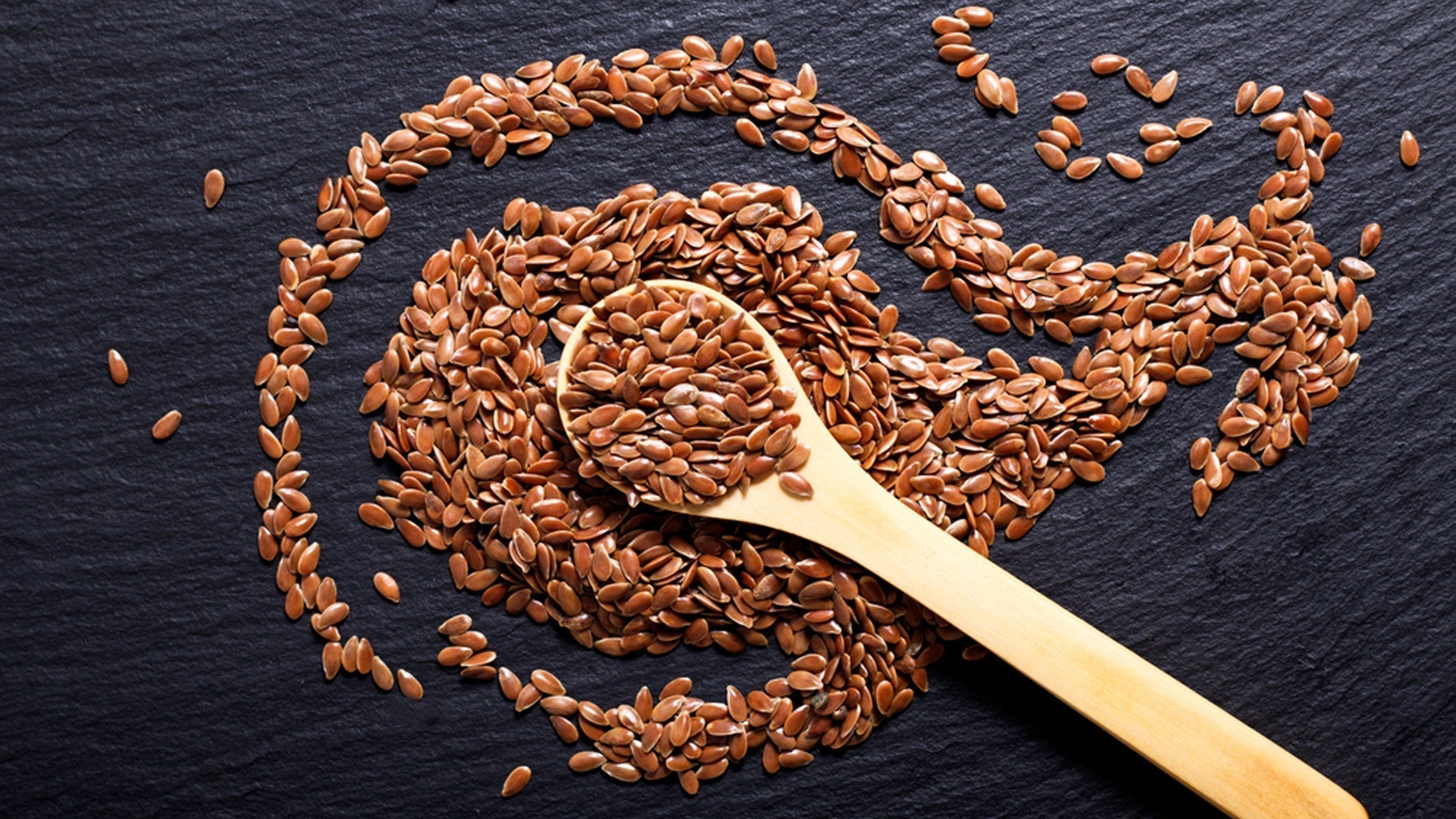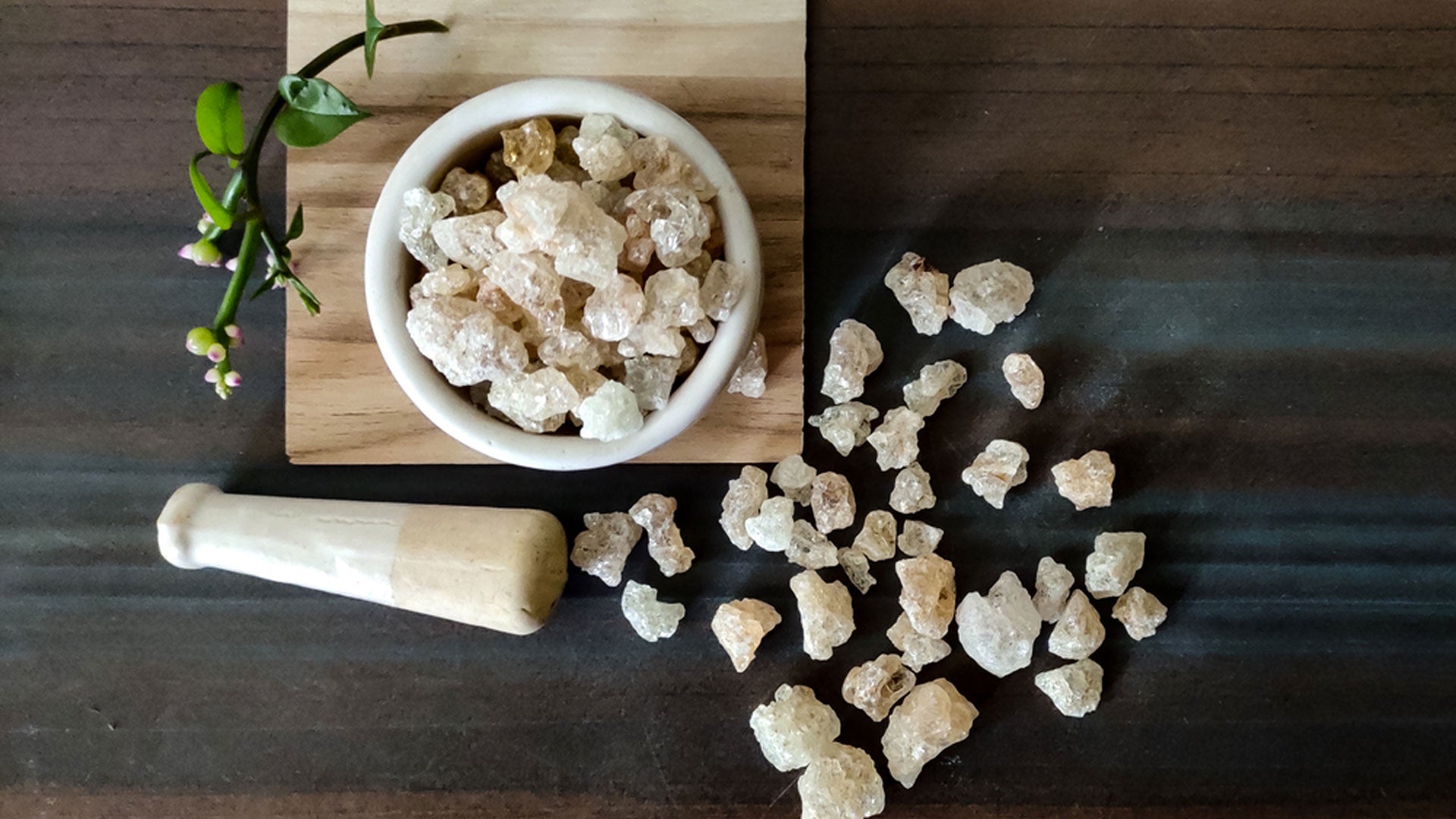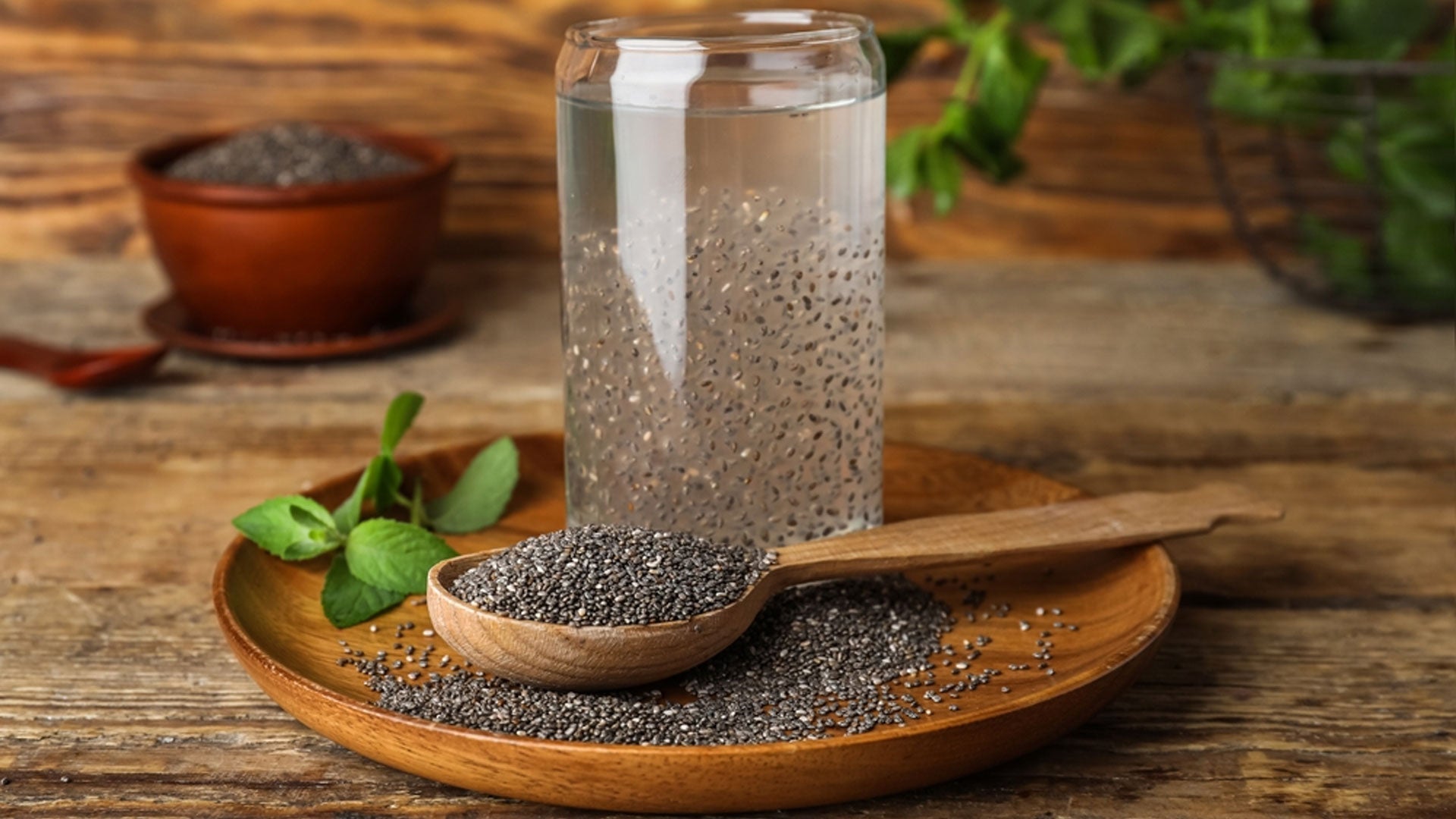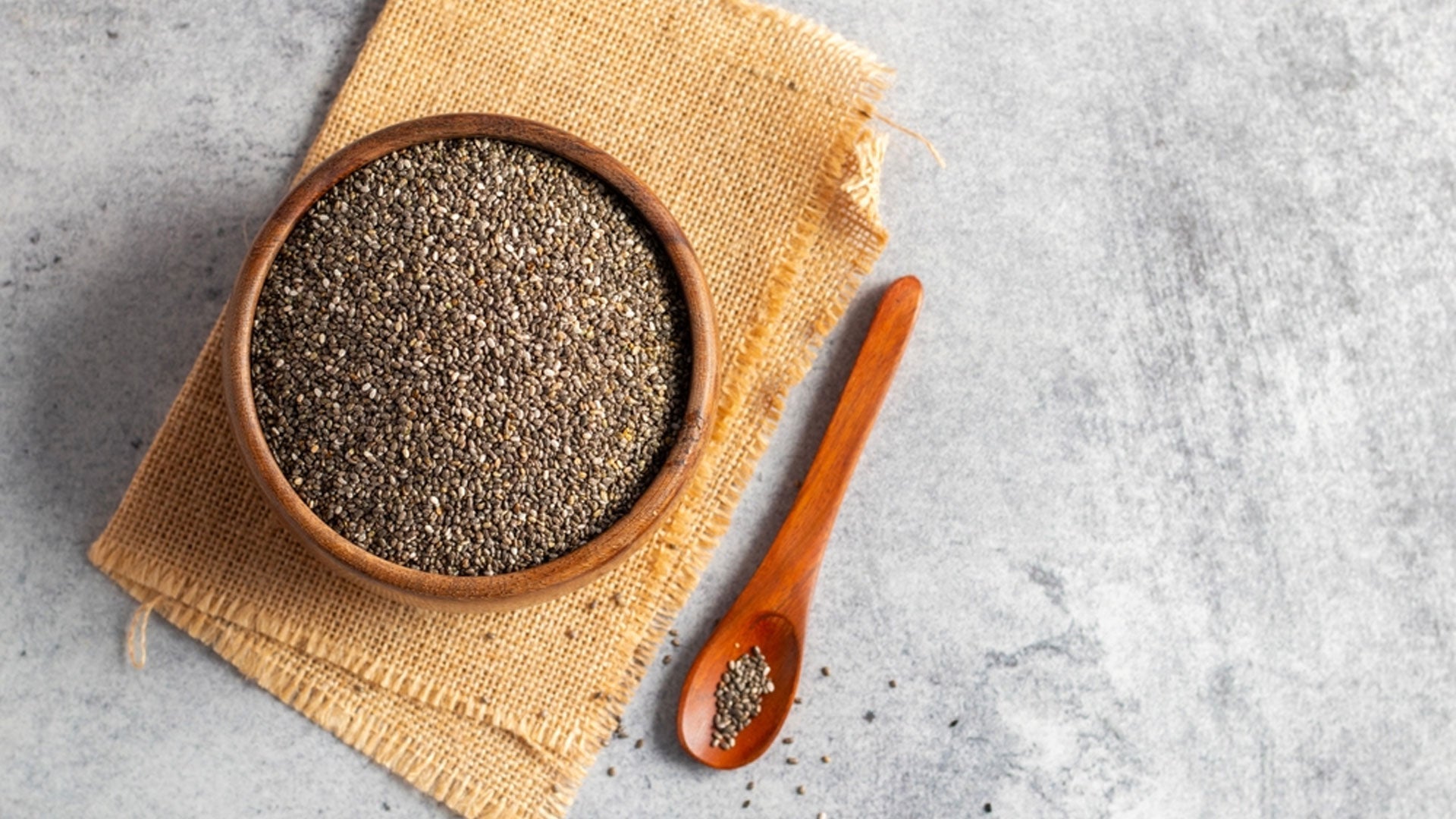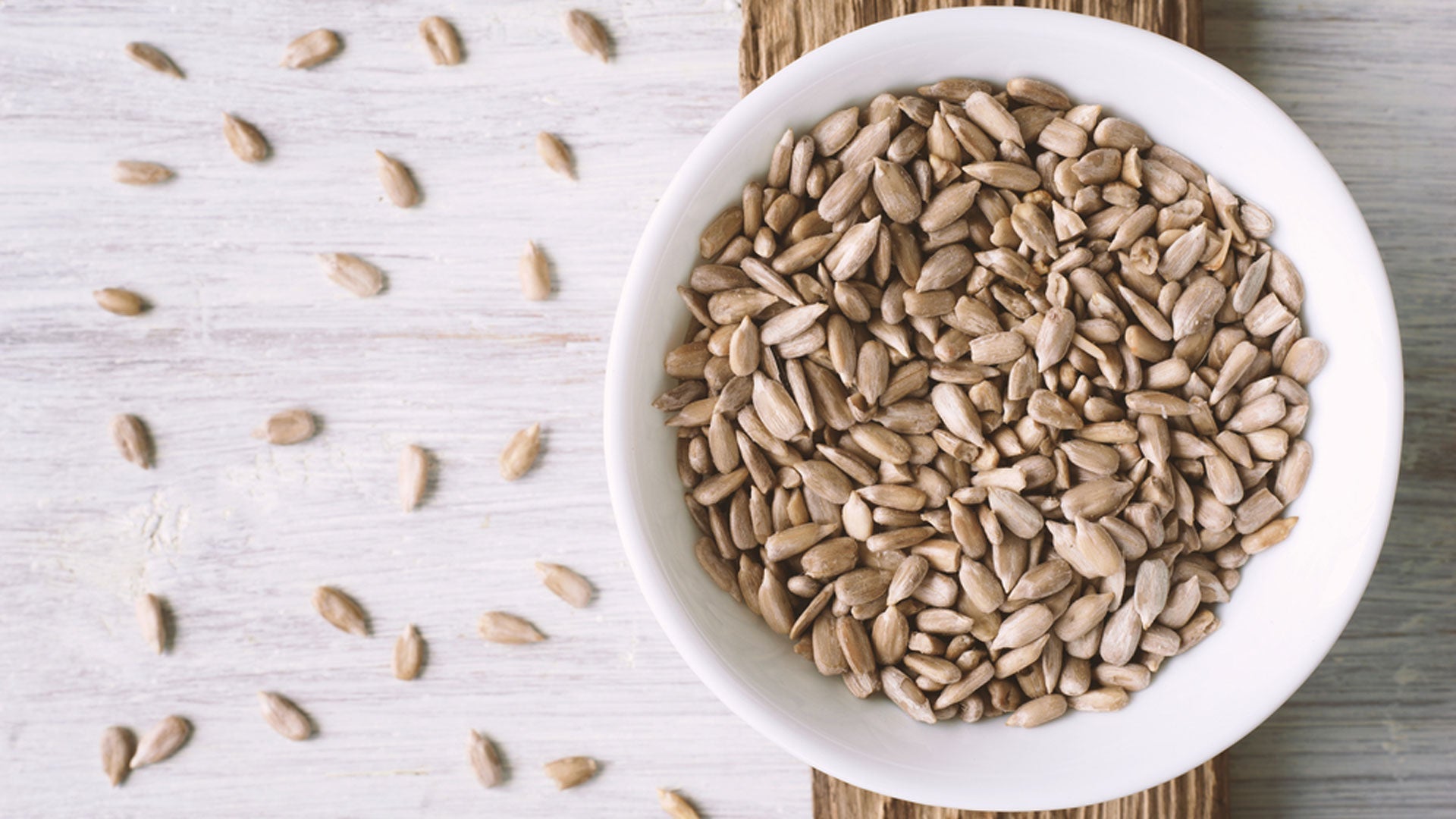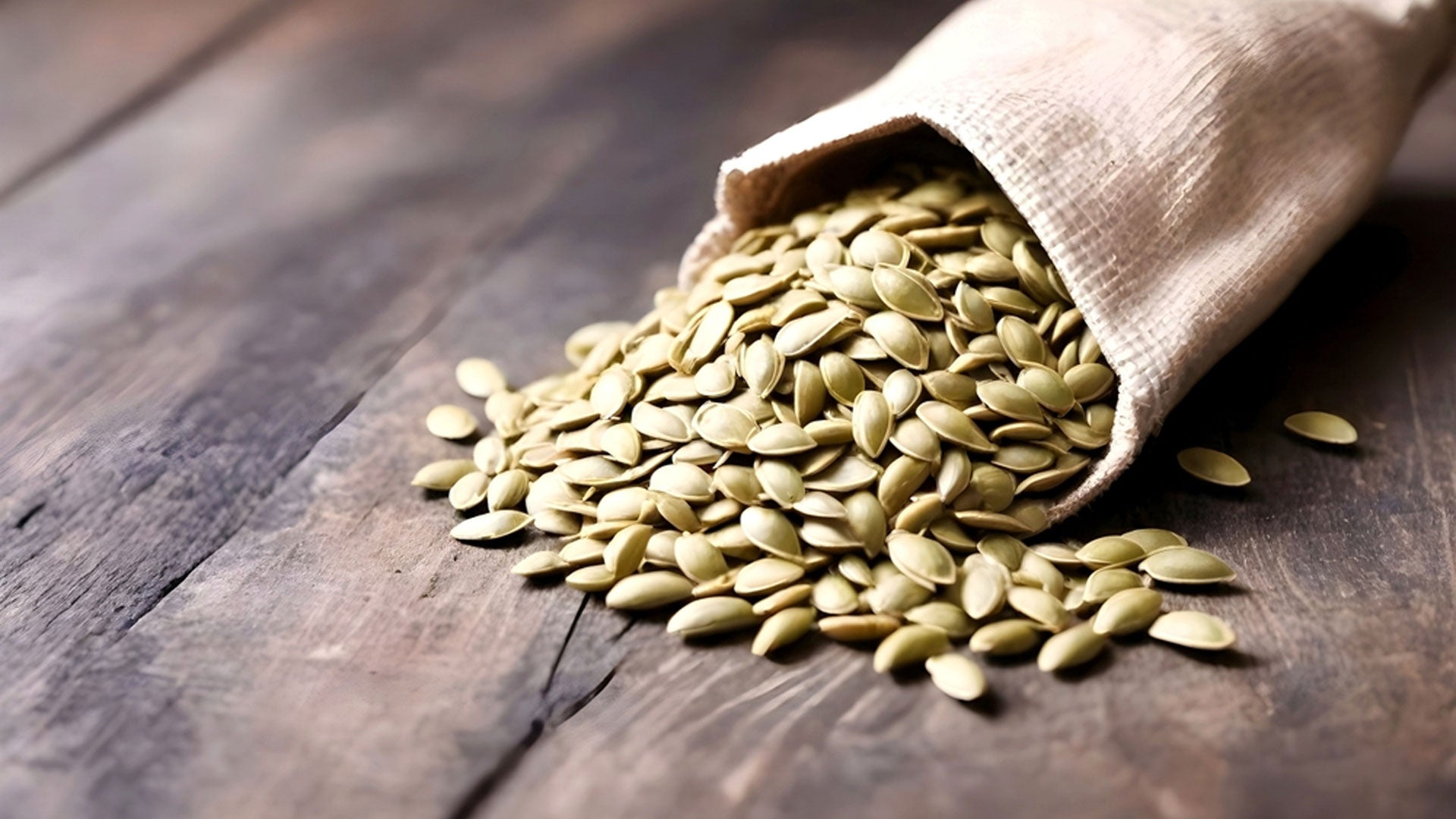Ever stumble upon a tiny seed that seems almost too good to be true? Meet the flax seed! These unassuming little nuggets are nutritional superstars, boasting a remarkable array of health-boosting properties. If you're on a quest for natural ways to enhance your well-being, then consider this your ultimate roadmap to understanding the incredible flax seeds benefits.
Forget complicated health trends – eating flax seeds is a simple yet powerful way to nourish your body from the inside out. Get ready to discover the impressive nutritional value of flax seeds and why they deserve a prime spot in your daily routine.
Unlocking the Power Within: What Makes Flax Seeds Special?
Flax seeds, often brown or golden in color, are derived from the flax plant, one of the oldest fiber crops in the world. But their history goes beyond just textiles. For centuries, people have recognized the remarkable flax seeds for health and wellness. What’s the secret behind their power? It lies in their unique combination of key nutrients.
The Trio of Triumph: Omega-3s, Fiber, and Lignans
When we talk about flax seeds benefits, three components consistently rise to the top:
1. Omega-3 Fatty Acids: Brain Food and Beyond: You’ve likely heard about Omega-3s and their importance for heart health and brain function. Well, flax seeds are one of the richest plant-based sources of alpha-linolenic acid (ALA), a type of Omega-3 fatty acid. While your body converts ALA into other beneficial Omega-3s (like EPA and DHA), eating flax seeds is a fantastic way to boost your overall intake. These healthy fats are linked to reduced inflammation, improved heart health, and even cognitive benefits. The high Omega-3 in flax seeds is a major draw for health-conscious individuals.
2. Dietary Fiber: Your Digestive System's Best Friend: If you're looking to support a healthy digestive system, look no further than flax seeds. They are packed with both soluble and insoluble fiber. Soluble fiber helps regulate blood sugar and cholesterol levels, while insoluble fiber adds 1 bulk to your stool, promoting regularity and preventing constipation. The significant fiber in flax seeds makes them a champion for gut health.
3. Lignans: Powerful Plant Compounds: Flax seeds are an exceptionally rich source of lignans, plant compounds that have antioxidant and estrogen-like properties. Research suggests that lignans may play a role in protecting against certain types of cancer and supporting hormonal balance. The presence of lignans in flax seeds adds another layer to their impressive health profile.
Decoding the Nutritional Value of Flax Seeds: A Tiny Package, Mighty Impact!
Let's take a closer look at what you get in just a tablespoon of ground flax seeds (because grinding helps your body absorb the nutrients better!):
-
Calories: Around 55
-
Protein: About 2 grams (contributes to fullness and muscle health)
-
Fiber: Roughly 3 grams (a significant chunk of your daily needs!)
-
Omega-3 Fatty Acids (ALA): Approximately 2.3 grams (a plant-based powerhouse!)
-
Lignans: Rich source (antioxidant and hormonal support)
-
Plus essential minerals like magnesium, phosphorus, and manganese!
The impressive flax seeds nutrition profile clearly demonstrates why they are considered a nutritional powerhouse.
The Multifaceted Health Benefits of Flax Seeds: More Than Just Fiber!
The unique combination of Omega-3s, fiber, and lignans translates into a wide range of health benefits of flax seeds:
-
Heart Health Hero: The Omega-3 in flax seeds can help reduce blood pressure, lower levels of bad cholesterol (LDL), and decrease the risk of heart disease. Studies have shown a link between ALA intake and a reduced risk of cardiovascular events.
-
Digestive Dynamo: The high fiber in flax seeds promotes regularity, prevents constipation, and can even help stabilize blood sugar levels. A healthy gut is crucial for overall well-being, and eating flax seeds can be a simple way to support it.
-
Potential Cancer Protection: The lignans in flax seeds have been studied for their potential role in preventing certain hormone-related cancers, such as breast and prostate cancer. While more research is ongoing, the lignans in flax seeds offer promising health benefits.
-
Blood Sugar Regulation: The soluble fiber in flax seeds can slow down the absorption of sugar in the bloodstream, which can be beneficial for maintaining stable blood sugar levels, especially for individuals with type 2 diabetes.
-
Skin and Hair Health: The essential fatty acids in flax seeds can contribute to healthier skin and hair by providing essential moisture and nutrients.
-
Anti-Inflammatory Power: The Omega-3 in flax seeds has anti-inflammatory properties, which can be beneficial for managing conditions related to chronic inflammation.
Simple and Delicious Ways of Eating Flax Seeds: Incorporating Them into Your Diet
The beauty of flax seeds lies not only in their benefits but also in their versatility. Here are some easy ways to incorporate them into your daily meals:
-
Ground is Gold: For optimal absorption of nutrients, especially Omega-3s, it's best to consume ground flax seeds. You can buy them pre-ground or grind them yourself using a coffee grinder.
-
Sprinkle Power: Add ground flax seeds to your oatmeal, yogurt, cereal, or smoothies.
-
Baking Boost: Mix ground flax seeds into your muffin, bread, pancake, or cookie batter for added nutrition.
-
Egg Substitute: A mixture of ground flax seeds and water can be used as a vegan egg substitute in some baking recipes (1 tablespoon ground flaxseed + 3 tablespoons water = 1 egg).
-
Salad and Soup Topping: Sprinkle ground flax seeds over your salads or stir them into soups for a nutritional boost.
-
Flaxseed Oil: While it contains the Omega-3s, flaxseed oil lacks the fiber and lignans found in the whole seeds. Store it in the refrigerator to prevent it from going rancid.
A Few Things to Keep in Mind About Eating Flax Seeds:
-
Start Slow: If you're new to high-fiber foods, introduce flax seeds gradually to avoid digestive discomfort.
-
Drink Plenty of Water: Fiber absorbs water, so make sure you're staying well-hydrated when you increase your flax seeds intake.
-
Storage: Store whole flax seeds in an airtight container in a cool, dark place. Ground flax seeds are best stored in the refrigerator to maintain their freshness.
Your Journey to Wellness Starts with a Tiny Seed!
The evidence is clear: the benefits of eating flax seeds are substantial and far-reaching. From their impressive Omega-3 in flax seeds content to their abundant fiber and powerful lignans, these tiny seeds offer a wealth of natural health benefits. By making flax seeds a regular part of your diet, you're taking a simple yet significant step towards a healthier and happier you. So, embrace the power of these little wonders – your body will thank you for it!

